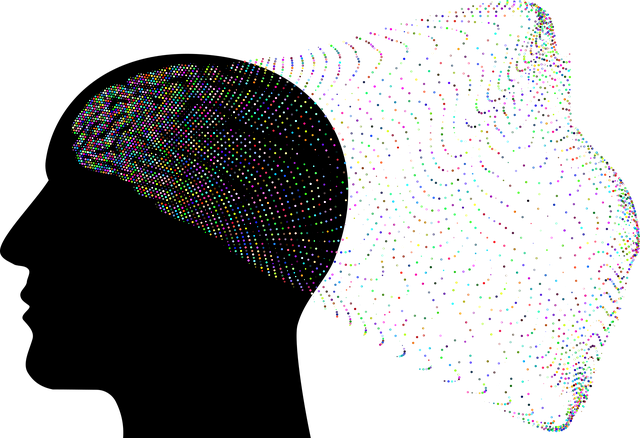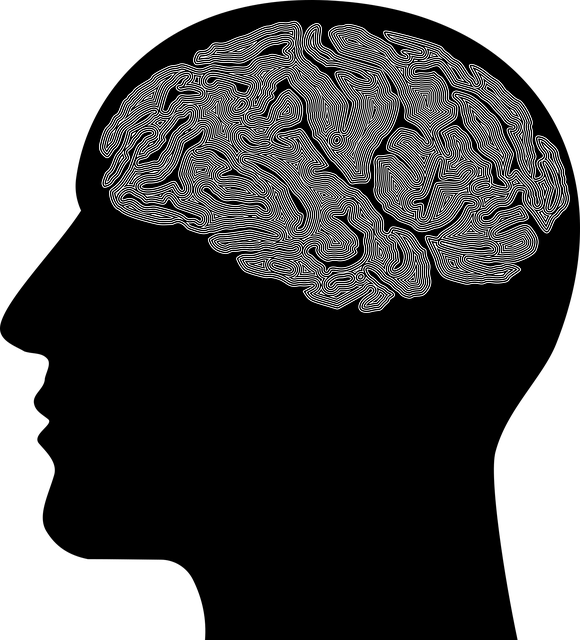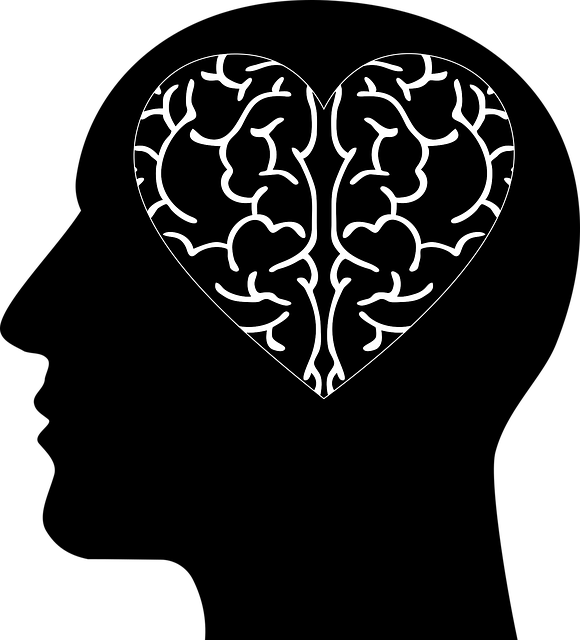Golden Young Adults Therapy prioritizes risk assessment as a cornerstone of its safe and effective therapeutic services. By identifying potential hazards like high-risk behaviors, academic pressures, and burnout, they minimize harm through structured strategies including cognitive reframing, mindfulness practices, and trauma support. This proactive approach aligns with their mission to provide evidence-based care while adhering to strict mental health policy standards, fostering trust and encouraging help-seeking without stigma. Their tailored coping mechanisms, advocacy, and empathy-building techniques empower young adults (aged 18-25) to navigate life transitions, enhancing quality of life and personal growth.
Risk assessment and harm minimization planning are essential cornerstones of safe therapy practices, particularly at Golden Young Adults Therapy. This article delves into the critical components of these processes, guiding therapists in creating secure environments for young adult clients. We explore identifying potential hazards through comprehensive assessments, implementing harm minimization strategies to empower individuals, tailoring interventions to unique challenges, and continuously evaluating adaptations for long-term safety and well-being. Understanding these practices strengthens therapeutic outcomes at Golden Young Adults Therapy.
- Understanding Risk Assessment: A Cornerstone of Safe Therapy Practices at Golden Young Adults
- Identifying Potential Hazards: A Comprehensive Approach for Young Adult Clients
- Harm Minimization Strategies: Empowering Individuals Through Proactive Planning
- Tailoring Interventions: Addressing Unique Challenges Faced by Young Adults in Therapy
- Continuous Evaluation and Adaptation: Ensuring Long-Term Safety and Well-being
Understanding Risk Assessment: A Cornerstone of Safe Therapy Practices at Golden Young Adults

At Golden Young Adults Therapy, we recognize that risk assessment is a fundamental component in delivering safe and effective therapy services. It involves a systematic process of identifying potential hazards or risks associated with various therapeutic interventions and activities. By thoroughly assessing these risks, our team can implement targeted strategies to minimize harm and ensure the well-being of our clients. This proactive approach aligns perfectly with our mission to provide evidence-based care while upholding strict mental health policy standards.
Through comprehensive risk assessments, we are equipped to address a range of potential concerns, from depression prevention and managing high-risk behaviors to implementing effective communication strategies. By prioritizing harm minimization planning, Golden Young Adults Therapy fosters an environment that promotes healing, growth, and resilience among our young adult clientele. This meticulous process not only safeguards our clients but also strengthens the overall integrity of our therapeutic practices.
Identifying Potential Hazards: A Comprehensive Approach for Young Adult Clients

Identifying potential hazards is a critical step in risk assessment, especially when catering to young adult clients at Golden Young Adults Therapy. This demographic often faces unique challenges, including academic pressures, career uncertainty, and social expectations. A comprehensive approach involves scrutinizing both internal and external factors that could contribute to emotional or psychological harm. For instance, excessive academic workloads, financial stress, or interpersonal conflicts might lead to burnout, a significant concern in the mental health landscape.
Healthcare providers play a pivotal role in minimizing these risks by employing burnout prevention strategies. They can foster a supportive environment, encourage open communication, and teach coping mechanisms tailored to individual needs. Mental health policy analysis and advocacy are also essential aspects of this process, ensuring that relevant services and resources are accessible to young adults. Moreover, empathy building strategies can help professionals understand and connect with clients on a deeper level, fostering trust and encouraging them to seek help without stigma.
Harm Minimization Strategies: Empowering Individuals Through Proactive Planning

Harm Minimization Strategies play a pivotal role in empowering individuals to take control of their emotional well-being and mitigate potential risks. Proactive planning is key, especially for Golden Young Adults undergoing therapy. By implementing these strategies, therapists can equip clients with tools to navigate challenges and promote resilience. Techniques such as cognitive reframing, mindfulness practices, and setting realistic goals foster a sense of agency and self-care, which are essential components of emotional well-being promotion techniques.
This proactive approach not only aids in burnout prevention strategies for healthcare providers but also empowers individuals to manage stress effectively. Through harm minimization planning, young adults can develop adaptive coping mechanisms, enhancing their overall resilience and quality of life. This is particularly crucial in addressing issues like stress management, ensuring a more balanced and fulfilling journey towards personal growth and recovery.
Tailoring Interventions: Addressing Unique Challenges Faced by Young Adults in Therapy

Young adults often face unique challenges when it comes to therapy and mental health support. This demographic, typically aged 18-25, is a “golden” period where individuals are navigating significant life transitions while also dealing with the aftermath of adolescence. Many young adults have experienced trauma, whether from abuse, neglect, or other adverse events, which can significantly impact their emotional well-being and mental health.
Effective interventions for this population require tailored approaches that address these distinct needs. Therapists and mental health professionals must consider the role of trauma support services in risk management planning. By integrating strategies to enhance self-esteem improvement, professionals can foster a sense of resilience and empowerment, enabling young adults to overcome challenges and reduce potential risks associated with unaddressed trauma. Tailoring therapy sessions to be inclusive, age-appropriate, and sensitive to individual experiences ensures better engagement and ultimately promotes positive outcomes for this unique demographic.
Continuous Evaluation and Adaptation: Ensuring Long-Term Safety and Well-being

In the realm of mental health care, continuous evaluation and adaptation are paramount to fostering a safe and supportive environment, particularly for young adults undergoing therapy. Golden Young Adults Therapy, guided by the Mind Over Matter Principles, recognizes that individual needs evolve over time, necessitating regular risk assessments and harm minimization planning. This dynamic approach ensures that interventions remain relevant, effective, and aligned with clients’ evolving circumstances.
Mental health professionals play a crucial role in this process through meticulous Risk Assessment for Mental Health Professionals, incorporating strategies like Mindfulness Meditation to enhance client safety. By adopting these practices, therapists can proactively identify emerging risks, adjust treatment plans accordingly, and promote long-term well-being. This continuous cycle of evaluation and adaptation underscores the commitment to providing comprehensive and responsive care that addresses the unique challenges faced by young adults navigating their therapeutic journeys.
Golden Young Adults Therapy recognizes that comprehensive risk assessment and harm minimization planning are essential for providing safe and effective treatment. By understanding potential hazards, implementing proactive strategies, and continuously evaluating interventions, our approach ensures the long-term safety and well-being of each client. Through tailored care, we empower young adults to navigate challenges successfully and foster positive outcomes.














